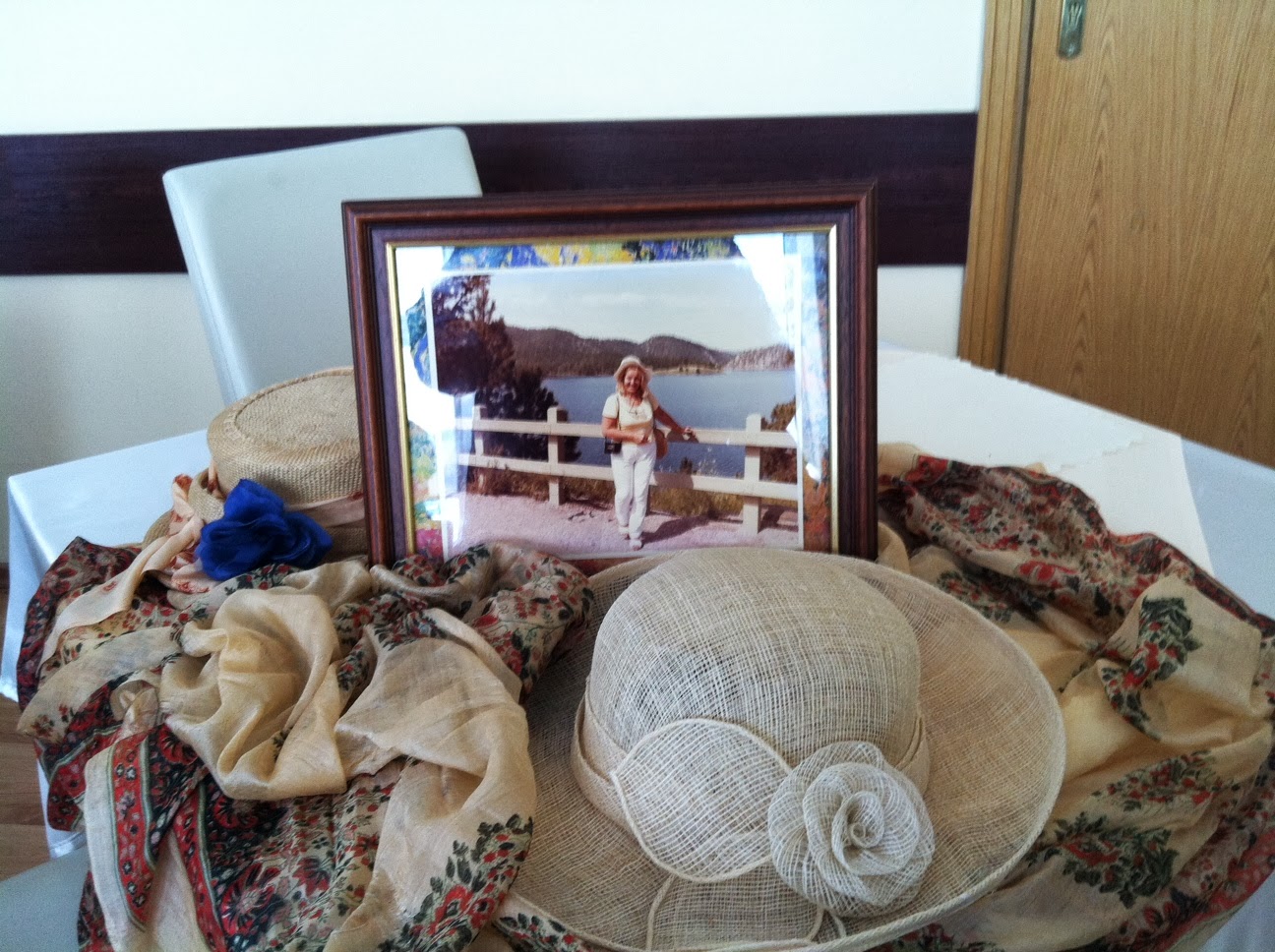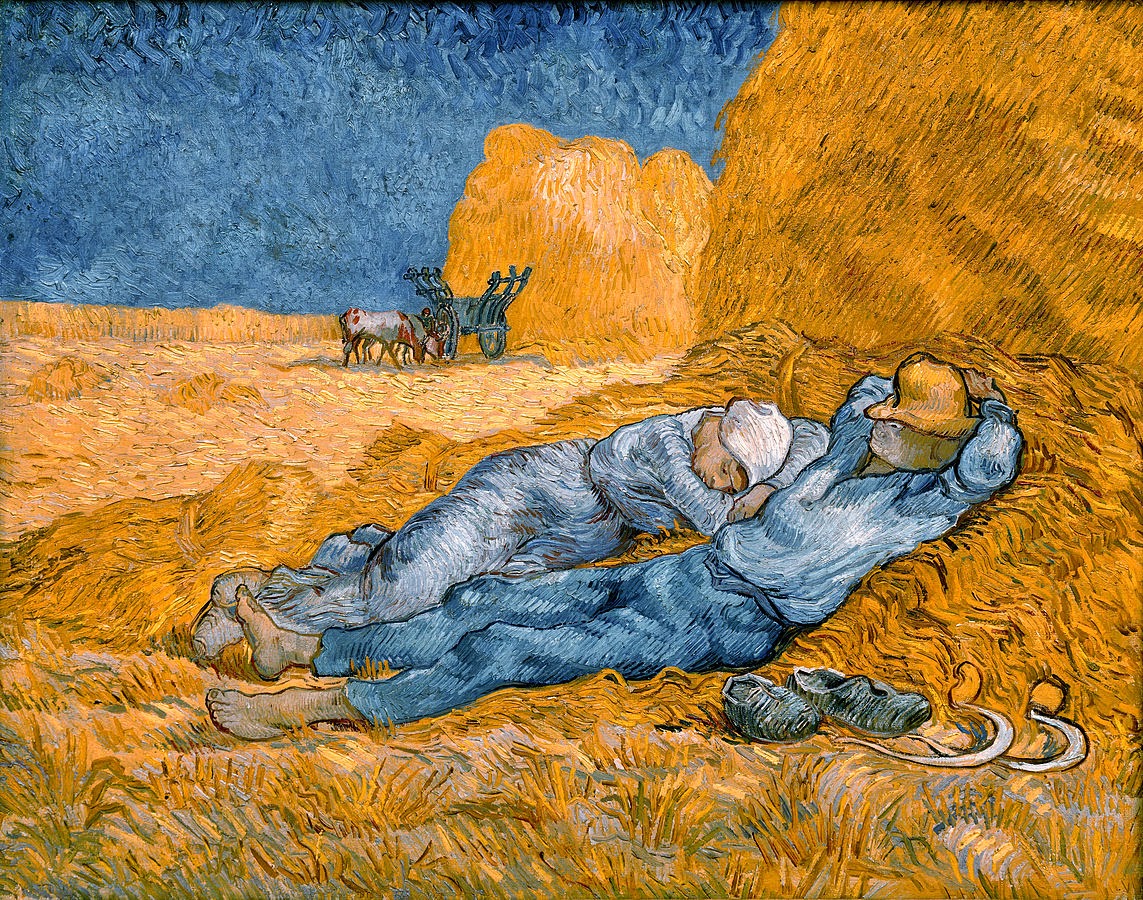POETS ON SITE PRESENT SUSAN DOBAY'S MADAME BUTTERFLY PROJECT
I had fun with poetry, too. The anthology-in-progress by Poets on Site dedicated to Susan Dobay's Madame Butterfly project has resulted in a wonderful event last week. Japanese poet Mariko Kitakubo graced the halls with the poetry in Japanese and English. Other poets read their work published in a chapbook "Madame Butterfly" edited by indefatigable Kathabela Wilson.
The Scenic Drive Gallery in Monrovia was the site of this artistic feast on September 13, 2014, and it was not only decorated with the amazing art of Susan Dobay, inspired by Puccini's opera Madame Butterfly, but also allowed us to watch her Visual Interpretations of Music, inspired by Butterfly.
You can watch it here (if it works), if not go to YouTube:
https://www.youtube.com/watch?v=-IHDZsLzdpA
The artwork was previously on display in a solo show by Dobay at the Shumei Center in Pasadena, but the airy interior of the gallery with its white walls and diagonal shafts of sunlight served it very well, indeed. Our group included Rick Wilson who accompanied the poets on Japanese shakuhachi and Kathabela Wilson with Mariko Kitakubo played Japanese percussion. It was a truly inspired and inspiring reading. A great chain of inspiration: story - music - opera - artwork - visual interpretation of the art - poetry - performance...
AN ART-INSPIRED ANTHOLOGY, EDGAR ALLAN POET NO. 2
As if one amazing poetry event was not enough, I got a notice from Editor Apryl Skiles that she finished the work on the online free version of the second Edgar Allan Poet Anthology. I'm honored to have a poem about two paintings by Vincent Van Gogh in this astounding volume ("The Alchemist Tree in Winter"). You will love it even more, as you will be turning the pages of this amazing treat!
http://edgarallanpoet.com/Edgar_Allan_Poet_2.html
And here's the Editor's Introduction and the List of Poets. What a great artistic community!
INTRODUCTION
Edgar Allan Poe was an American author, literary critic, storyteller, and poet who left this realm October 07, 1849. Since his tragic and mysterious demise this literary recluse has become an iconic historical figure. Is this because his writing was so remarkable or because the idea of Poe and what he presented to readers is that of intrigue and mystery, or a touch of both?
Many readers may say that his storytelling far exceeds the merit of his poetry. Those who are widely familiar with his work would consider that a fair argument. Those less familiar with his extensive collection of work may “Quoth the Raven, Nevermore…”, but then there are poems such as “Alone”, written with such timbre and cadence they become a songful hypnotic.
Literature has evolved with its readers, and poetry in particular has swayed from traditional meter, and rhyme, towards a more contemporary free-verse or prose to a great degree. However, the world seems to be gravitating toward a new era, an era of poetic renaissance.
It is the intention of the Editor to carry on the celebration of literature, and art as a whole. Poetry exists in all creative mediums, it is the atom of all art. It is the very foundation of inspiration, whether derived from words, images, or music. Once this realization is presented in any form, all things are possible.
The literature and art contained within this collective are chosen to present to the reader a wide array of voices and visions based on the themes of music, art, and philosophy. Sincere appreciation is extended to Colleen McLaughlin for the beautiful painting “Cello, my Love”, which truly pulls together these themes with the very emotive expression of the muse and the bold, melodic color palette.
In addition, this collection includes poetry, prose, short fiction, and artwork by artists, and writers from all edges of the world. While this collection as a whole is one created in heart-fire, it would not be complete without sincere gratitude to the following individuals: Alexis Fancher, Angel Uriel Perales,Barbara H. Moore, Danny Baker, David Imapoet McIntire, E. L. Elazar Larry Freifeld, Hank Beukema, JR Phillips, Lois Michal Unger Freifeld, Marie Lecrivain, Martin Willitts Jr., Rick Stepp-Bolling, Chicory Poetry, and never lastly, Will Crawford.
Please visit www.EdgarAllanPoet.com
Alexis Fancher
adrian ernesto C E P E D A
angela consolo M A N K I E W I C Z
angel uriel P E R A L E S
anne T A M M E L
annette marie H Y D E R
april michelle B R A T T E N
b.j. B U C K L E Y
barbara h. M O O R E
bryan S T O R Y
carl S C H A R W A T H
carolyn Z I E L
catfish M C D A R I S
cindy W E I N S T E I N
colleen M C L A U G H L I N
cristina U M P F E N B A C H - S M Y T H
daniel n. F L A N A G A N
danny B A K E R
david f. M A R S E E
david M C I N T I R E
debbie L E E
diane D E H L E R
e.l. F R E I F E L D
eli S P I VAK O V S K Y
emily F E R N A N D E Z
faith M I N G U S
felix A L V A R E Z
francesca C A S T A Ñ O
gabor g. G Y U K I C S
gordon H I L G E R S
heidi D E N K E R S
hélène C A R D O N A
j.r. P H I L L I P S
j.t. W I L L I A M S
jan S T E C K E L
janet S N E L L
jesse M I N K E R T
jonathan T A Y L O R
joseph S A L E
judith S K I L L M A N
kevin m. H I B S H M A N
leanne H U N T
leila a. F O R T I E R
lois michal U N G E R
lynn B R O N S T E I N
maja T R O C H I M C Z Y K
marian W E B B
marie L E C R I V A I N
melissa S T U D D A R D
micheál Ó C O I N N
michael wayne H O L L A N D
michael F O L D E S
raquel R E Y E S – L O P E Z
rich F O L L E T T
rick S T E P P – B O L L I N G
rizwan saeed A H M E D
scott c. K A E S T N E R
steven H A R T M A N
susan m. B O T I C H
terrence S Y K E S
thomas K E N T
tomás Ó C Á R T H A I G H
tom P E S C A T O R E
tony M A G I S T R A L E
william C R A W F O R D
adrian ernesto C E P E D A
angela consolo M A N K I E W I C Z
angel uriel P E R A L E S
anne T A M M E L
annette marie H Y D E R
april michelle B R A T T E N
b.j. B U C K L E Y
barbara h. M O O R E
bryan S T O R Y
carl S C H A R W A T H
carolyn Z I E L
catfish M C D A R I S
cindy W E I N S T E I N
colleen M C L A U G H L I N
cristina U M P F E N B A C H - S M Y T H
daniel n. F L A N A G A N
danny B A K E R
david f. M A R S E E
david M C I N T I R E
debbie L E E
diane D E H L E R
e.l. F R E I F E L D
eli S P I VAK O V S K Y
emily F E R N A N D E Z
faith M I N G U S
felix A L V A R E Z
francesca C A S T A Ñ O
gabor g. G Y U K I C S
gordon H I L G E R S
heidi D E N K E R S
hélène C A R D O N A
j.r. P H I L L I P S
j.t. W I L L I A M S
jan S T E C K E L
janet S N E L L
jesse M I N K E R T
jonathan T A Y L O R
joseph S A L E
judith S K I L L M A N
kevin m. H I B S H M A N
leanne H U N T
leila a. F O R T I E R
lois michal U N G E R
lynn B R O N S T E I N
maja T R O C H I M C Z Y K
marian W E B B
marie L E C R I V A I N
melissa S T U D D A R D
micheál Ó C O I N N
michael wayne H O L L A N D
michael F O L D E S
raquel R E Y E S – L O P E Z
rich F O L L E T T
rick S T E P P – B O L L I N G
rizwan saeed A H M E D
scott c. K A E S T N E R
steven H A R T M A N
susan m. B O T I C H
terrence S Y K E S
thomas K E N T
tomás Ó C Á R T H A I G H
tom P E S C A T O R E
tony M A G I S T R A L E
william C R A W F O R D
.JPG)














.JPG)






.JPG)
















.JPG)
.JPG)


.JPG)
.JPG)
.JPG)
.JPG)

